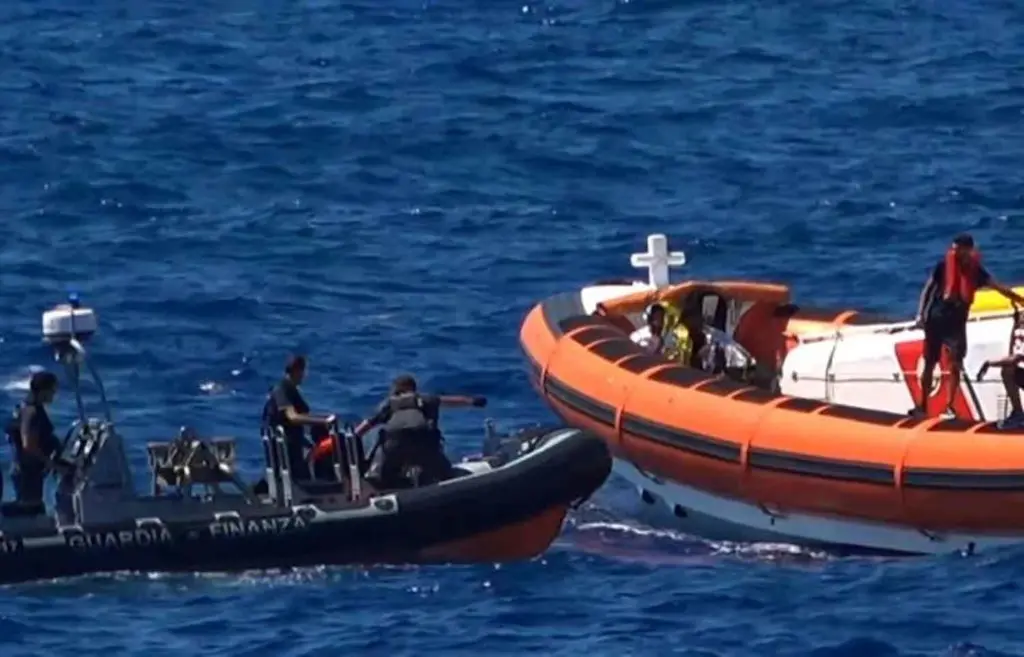No fewer than five migrants from sub-Saharan Africa have reportedly drowned and five more still missing after their boat sank off Tunisia en route for Europe, authorities confirmed Saturday.
According to Faouzi Masmoudi, the district attorney from the coastal city of Sfax, the Tunisian coastguard also saved about 20 other people from the Mediterranean.
Masmoudi noted that boats were still searching the waters around Sfax for any other survivors.
Africa Today News, New York reports that parts of the Tunisian coastline are a popular starting place for migrants willing to take a chance on the perilous sea crossing because they are less than 150 kilometres (just 90 miles) from the Italian island of Lampedusa.
Read Also: Tunisia Intercepts Over 100 Europe-Bound Migrants
More than 23,500 migrants of various nationalities were intercepted off Tunisia between January and September last year, according to the FTDES rights group which tracks migration issues.
More than 500 people died or disappeared at sea during the same period, it said.
The coastguard is under pressure to stem the flow but lacks the means to do so, according to Tunisian authorities.
The so-called central Mediterranean route, which also includes boat launchings from neighbouring Libya, is the world’s most deadly migration pathway.
Africa Today News, New York recalls that recently Tunisia declared that it had foiled several attempts by almost 100 migrants to reach Europe via the Mediterranean Sea since the previous day.
Tunisia and Libya has remained the main points of departure for migrants trying to reach Europe from Africa.
Africa Today News, New York reports that sea crossing attempts tend to increase during spring and summer.
Tunisia’s National Guard said it had prevented five maritime crossings and rescued 80 people, mostly Tunisians and including 35 migrants from sub-Saharan Africa.
It said ‘preventive operations’ were also carried out near Menzel Temime in the north, Mahdia and Kerkennah on the central coast and Zarzis in the south, leading to 11 arrests.

